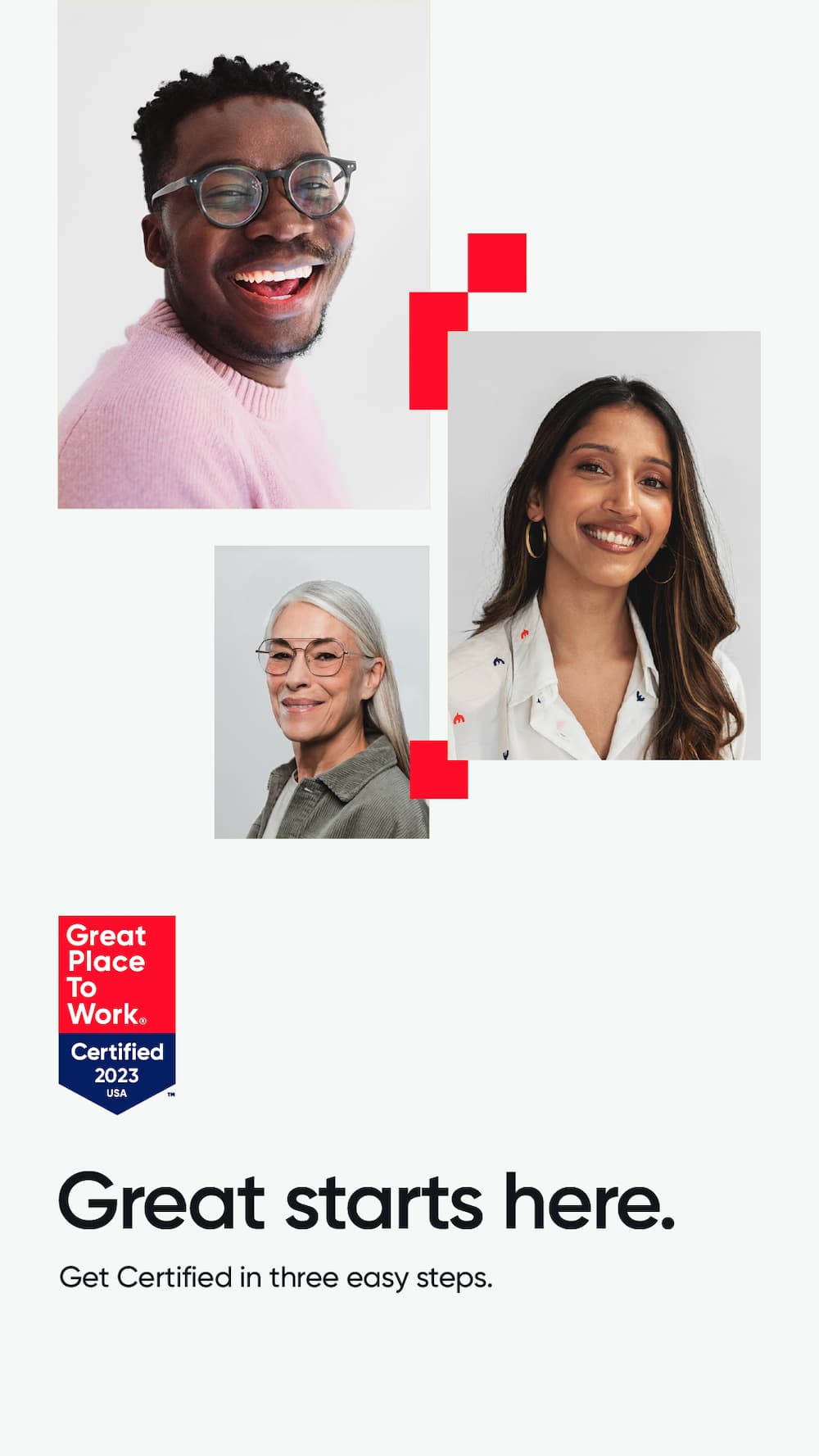Developing, Leadership & Management, Training & Development
Here are the tools and behaviors that unlock mentorship programs and other efforts to build a stronger talent pipeline.
What are the barriers that keep some employees in entry-level positions while their peers accelerate into leadership roles?
Careers can stall, not because of a lack of talent or passion, but because a candidate lacks “microskills” — small fundamental behaviors that build influential relationships and open doors to new opportunities, and better navigate the workplace.
Authors Dr. Resa E. Lewiss and Dr. Adaira Landry, both emergency medicine physicians and educators, have written a book, “Microskills: Small Actions, Big Impact,” which outlines these skills and how they affect the career path of people in all industries.
“We really wanted to address what felt like inside information that some people had and used to move their careers faster,” says Dr. Landry.
Attend our annual company culture conference May 7-9, 2024
When Dr. Landry learned that a colleague of hers was drafting his own letters of recommendation giving his mentors more information to better advocate for him — something she credits as vaulting his career to new heights — she came to an important realization. Some of the skills driving achievement gaps in the workplace are habits that aren’t learned in a classroom.
That doesn’t mean you can’t learn these skills. “These things are achievable,” says Dr. Lewiss. “It’s just knowing the how and learning the how.”
The authors call them “microskills” because of their incremental nature, with small, achievable actions building towards a goal that might seem out of reach at first.
“Every large goal, project, task, or habit can be broken down into small fundamental building blocks,” Dr. Lewiss says. “One simple act, a critical action, can start helping you gain these skills.”
Dr. Lewiss gives the example of how to build relationships with subject matter experts in your industry.
“Everything starts with a self, and from there you can collaborate with other people — someone that holds expertise — through that collaboration, you grow your network and grow your expertise,” Dr. Lewiss says.
“A person may start as a coach, maybe a friend, maybe a mentor, maybe a sponsor. Through collaboration — perhaps you write a paper together, perhaps you invite them to come speak to you and your group — your group grows its network. The collaborator in turn invites you to come speak at their institution.”
Diagnosing the ‘career slump’
For organizations that are concerned about attrition, or struggle to advance promising early-career individuals into leadership roles, a lack of these microskills could be a sneaky culprit.
“People fall into the mid-career slump,” Dr. Landry says. They might pivot, changing organizations or even industries to try and recapture momentum. But a change in scenery won’t address the issues they face navigating the workplace.
Instead, organizations must avoid making assumptions about their employees, even in cohorts that share the same education and job training.
Dr. Landry gives the example of mentorship programs, where every participant receives the same thing: one mentor, a handful of one-hour meetings, etc.
“That’s not the ideal way of doing it, because some people need life mentors, and some people need coaches, others need sponsors — we have different individual, distinct needs,” she says.
To be effective, companies must acknowledge those different needs, and be prepared to offer personalized solutions.
“We want to eliminate this thought that the world is equal and everyone you’ve hired has the same network, financial privileges, dependents at home, skill sets with tech, and the same emotional intelligence,” she says. “All those factors are going to be very, very different.”
Making mentorship work
Just having a mentorship program isn’t a guarantee that employees will grow and develop.
Dr. Landry shared her experience as an advisor at Harvard Medical School, and how she sees students struggle to build nourishing relationships with a mentor.
“Students don’t really understand how to make a relationship ‘sticky,’” she says. She recommends activities like sending quarterly updates, keeping your mentor informed about your activities.
Another tip? Lower the barrier for a meeting.
“A lot of times students will ask for a one-hour meeting,” she says, which is a lot of time to ask of a busy professional. “Just asking someone for 15 minutes or 20 minutes of their time really lowers that threshold of meeting with someone.”
One of the most effective ways to build a relationship? Help your mentor meet their goals.
“People love to feel appreciated, so we tell people to send an email to a mentor’s boss saying, ‘Hey, I just want you to know that I've met with this person. They’re super amazing, they've been really supportive,’” Dr. Landry says. “That feedback usually gets back to the mentor.”
Learning to listen
For mentors and leaders to be effective in developing and guiding people within their organization, it’s crucial to work on listening skills. Great Place To Work® research shows that listening is the most important of the nine high-trust leadership skills that creates a positive workplace culture.
Dr. Lewiss and Dr. Landry share some microskills for leaders looking to become better listeners:
1. Pausing
“Pausing is probably the easiest way of being a great listener,” Dr. Landry says.
What does that look like? “Literally, letting someone finish their thoughts and after they finish their thoughts, pausing and saying, ‘Is there anything else you want to share?’”
2. Avoiding assumptions
“A lot of people will speak too quickly, interject or not listen because they have this big assumption in their brain about what someone is doing or why they’re doing it,” Dr. Landry says.
3. Removing emotion
Emotional reactions can prevent the listener from fully engaging with the information being shared.
“Don’t let your emotions drive a conversation,” Dr. Landry advises. “Try to have conversations when you’re feeling more logical than emotional.”
Get more insights
Learn more strategies from our workplace culture experts at our For All™ Summit, May 7-9 in New Orleans.












